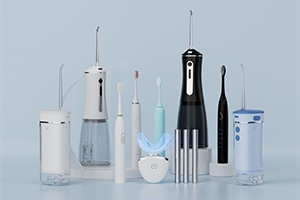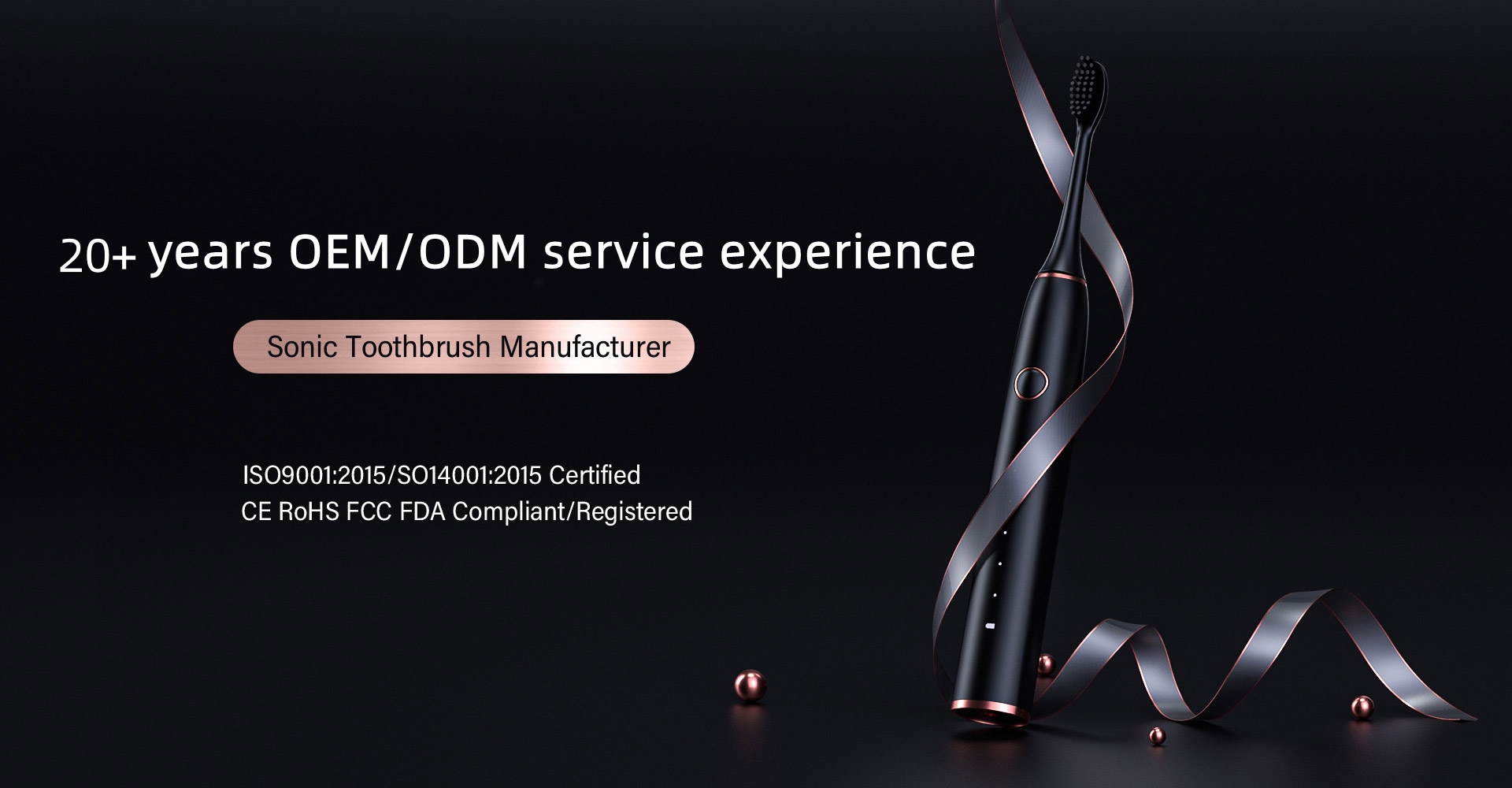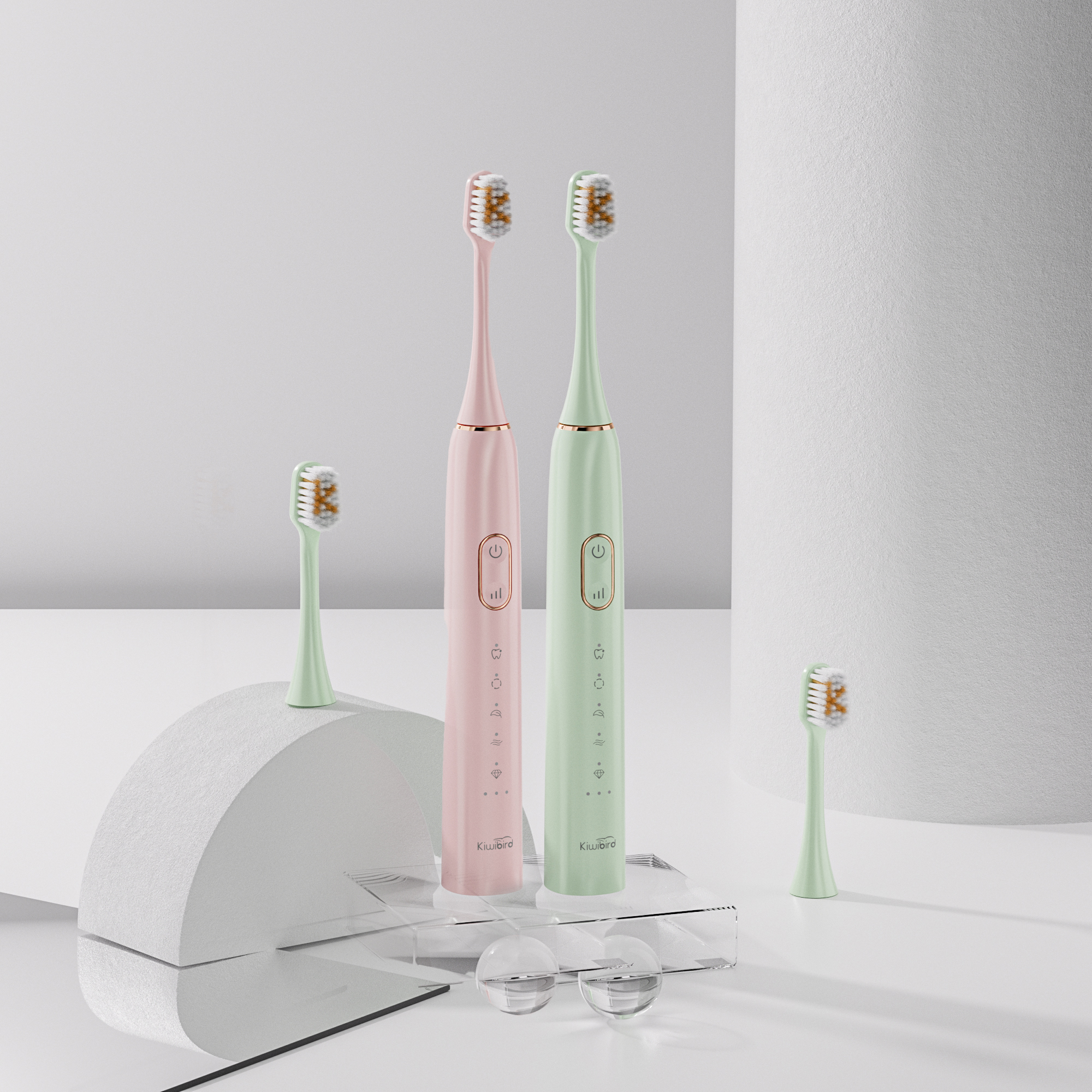The global dental care market has experienced significant growth over the past decade, fueled by increasing awareness of oral hygiene, technological advancements, and the rise of self-care culture. But for emerging entrepreneurs, a key question remains: Is there space for startups in the dental care products market? The answer depends on understanding the landscape, identifying untapped dental niches, and deploying smart startup entry strategies. In this article, we explore the opportunities and challenges within the oral health industry competition and what newcomers can do to succeed.
The market is far from saturated. Recent dental care market trends indicate a surge in demand for smart, sustainable, and personalized oral hygiene products. Key trends include:
Growing popularity of electric toothbrushes and oral irrigators
Increased consumer preference for eco-friendly and refillable oral care items
Rising use of mobile-connected devices for real-time brushing feedback
Expansion of premium and subscription-based dental care models
These trends create fertile ground for agile startups to differentiate themselves—especially with the right manufacturing partner who can support flexible, small-batch production.
.jpg)
.jpg)
.jpg)
While established brands dominate mainstream markets, there are numerous untapped dental niches waiting to be explored, such as:
Pediatric-focused oral care products with gamification features
Oral hygiene solutions for people with braces, implants, or gum disorders
Vegan, cruelty-free, or zero-waste dental care products
Niche products for elderly or mobility-challenged users
Innovative travel-sized oral care kits for digital nomads and travelers
Targeting underserved or emerging customer segments can be a winning formula for startups looking to avoid direct confrontation in heavily crowded categories.
The oral health industry competition is intense, especially in mature markets. Large multinationals benefit from economies of scale, extensive R&D capabilities, and strong brand recognition. Startups often face obstacles such as:
High initial costs for tooling and product development
Navigating global regulations (e.g. FDA, CE, RoHS)
Finding the right contract manufacturer who supports innovation
Building trust in a market where consumers are brand loyal
However, with a clear niche, a strong story, and a responsive supply chain partner, startups can position themselves as the modern, values-driven alternative consumers are increasingly seeking.
Entering the dental care space requires a focused and agile approach. Some effective startup entry strategies include:
Partnering with OEM/ODM manufacturers who offer low MOQs and fast prototyping
Leveraging influencer marketing to build brand trust quickly
Starting with a hero product (e.g. a single premium toothbrush or irrigator) before expanding the line
Emphasizing sustainability or personalization, tapping into trends millennials and Gen Z care about
Utilizing DTC (direct-to-consumer) channels to avoid retail overhead and maintain high margins
Success depends on both innovative branding and reliable product execution—which is why aligning with the right manufacturer is critical.
Yes, there is space for startups in the dental care market—especially for those willing to innovate, serve niche audiences, and operate lean. The combination of strong dental care products market trends, evolving consumer preferences, and emerging untapped dental niches provides plenty of opportunity.
However, to thrive in the face of oral health industry competition, brands must enter the market strategically, using proven startup entry strategies and forming smart manufacturing partnerships.
Looking for a trusted manufacturer to help you bring your dental product ideas to life? Contact us today to explore how we can support your brand’s growth from concept to market.https://www.powsmart.com/about-powsmart/

Can a Water Pump OEM Ensure Consistency Without a Flow Rate Calibration Tool?
.jpg)
Electric Toothbrush Charging Failure and Head Loosening Plaguing Your Products?

What are the material choices for the shell of the electric toothbrush?
.jpg)
How Does a Hydro-mechanical Seal Improve the Reliability of Turbine Impeller Design in Water Flossers?

Learning About Expiration Dates of At-Home Oral Care Products

How Long Does the Battery performance of a Rechargeable Electric Toothbrush Typically Last?
.jpg)
Adult Sonic Toothbrush Wholesale Supplier for Global Distributors
.jpg)
Teeth Whitening Device Reliability Test — What Importers Must Verify
.jpg)
Exploring Toothbrush Partnership Models?
.jpg)
How to Keep Teeth Clean with Braces?
.jpg)
Bamboo Electric Toothbrush Handle OEM Manufacturer | Eco-friendly Design Solutions
.jpg)
Wholesale Sonic Toothbrush Birmingham | Bulk Oral Care Supplier

How Does Osmotic Pressure Regulation Fare in Accelerated Aging Tests for Product Longevity?

Why is There a Gap Between the Toothbrush Head and the Handle?

Does Deep Clean Toothbrush Mode Cause Timer Malfunction?

Don’t Fall for These Viral Teeth Whitening Trends: Dentist-Approved whitening